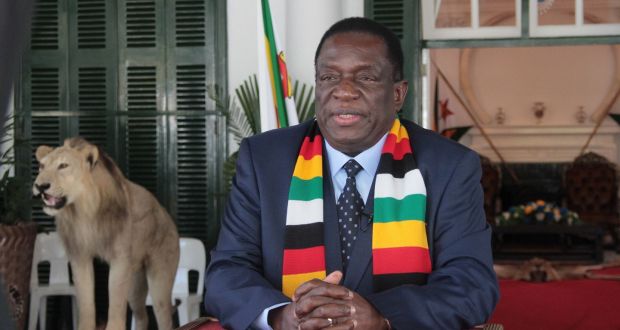
International rights groups have expressed concern that the Zimbabwean government’s decision to extend a nationwide coronavirus lockdown indefinitely could be used to suppress human rights.
Last Saturday, President Emmerson Mnangagwa said the restrictions, which were introduced on March 30th in response to the global pandemic, would remain in place “for an indefinite period” because the country needed to ease strategically and gradually out of its lockdown.
The measures, which include a ban on public gatherings and movement restrictions, have worked so far, according to Mr Mnangagwa, who said the country’s low number of Covid-19 cases and deaths was proof of their effectiveness.
As of May 20th, Zimbabwe had recorded 48 cases of Covid-19 from the 32,862 tests it had conducted. There have been four confirmed Covid-19 related deaths.
Although governments globally have introduced similar lockdowns to Zimbabwe’s to tackle Covid-19, Movement for Democratic Change (MDC) Alliance leader Nelson Chamisa has said that Mr Mnangagwa has “opened an avenue to arbitrary rule”.
In a Twitter post, the main opposition party leader wrote: “Whereas measures to contain the Covid-19 pandemic are a necessity, we disagree with entrenching arbitrary rule under the guise of fighting the pandemic … The indefinite extension changes the situation in a fundamental way.”

